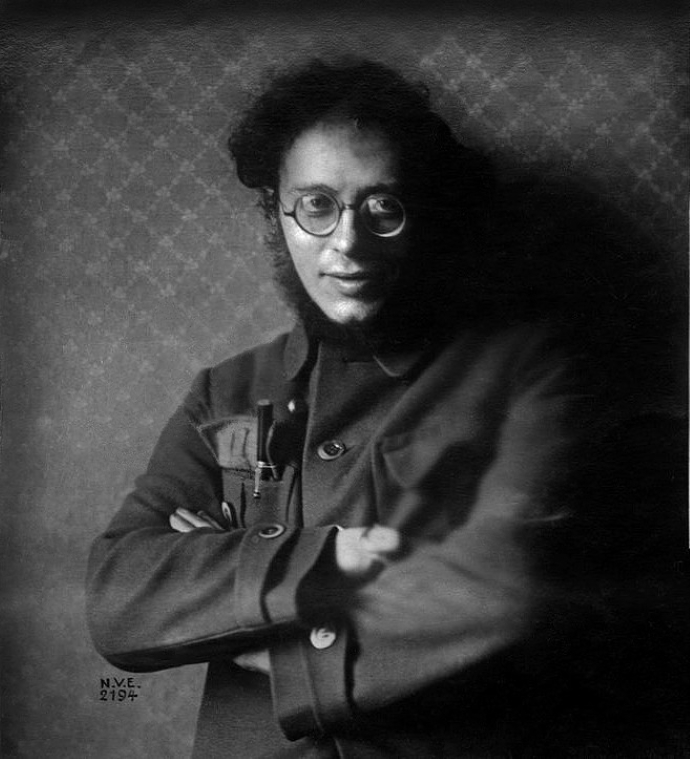 |
| Karl Radek (c. 1920) via Wikimedia. |
 Proletarian Dictatorship and Terrorism by Karl Radek
Proletarian Dictatorship and Terrorism by Karl RadekMy rating: 2 of 5 stars
Radek raises the proverbial "one man's nourishment is another man's poison" by comparing Stalin's purging to the treatment of Irish revolutionaries by the British in the Irish War of Independence of 1919-1921. This brochure was written by Radek in about 1920 (the English translations came later) and was endorsed by Leon Trotsky as a suitable response to Karl Kautsky, a German social-democrat, and his critique of Trotsky's Dictatorship vs. Democracy, among other works. It is interesting that the title of which Trotsky was most fond was "Terrorism or Communism", but this was toned down for an American audience. And here I discover a whole can of historical worms. Communists in America, communists in the UK, critiques and critics of Bolshevism and the Dictatorship of the Proletariat, and so on. And then much later Trotsky in exile and a major critic of Stalin and the self-serving bureaucracy that was to become the antithesis of socialism, as the lowest level of communism. The great communist experiment was of global interest, despite the Western Allies' support of the anti-Bolshevik White Russians in the Russian Civil War of 1919-1923. Even a small contingent of Australian soldiers fought against the Bolsheviks. Yet there remained support from socialists in the West through various trade union and communist movements. This "support" seemed an ideal rather than a plausible solution to humanity's problems. I recall reading that Lionel Murphy's parents (according to Jenny Hocking in Lionel Murphy: A Political Biography) visited Russia after the Second World War but never spoke of the great socialist experiment ever again after lifting the veil on the propaganda. Reading this has provided me with several historical insights, aside from the Soviet Union, into the Irish War of Independence and the French Revolution, and for these alone it was worth the discovery, if not for the intellectual debating that went on between the Soviet intelligentsia and their detractors in the 1920s.
View all my reviews
 Donate
Donate






No comments
Post a Comment